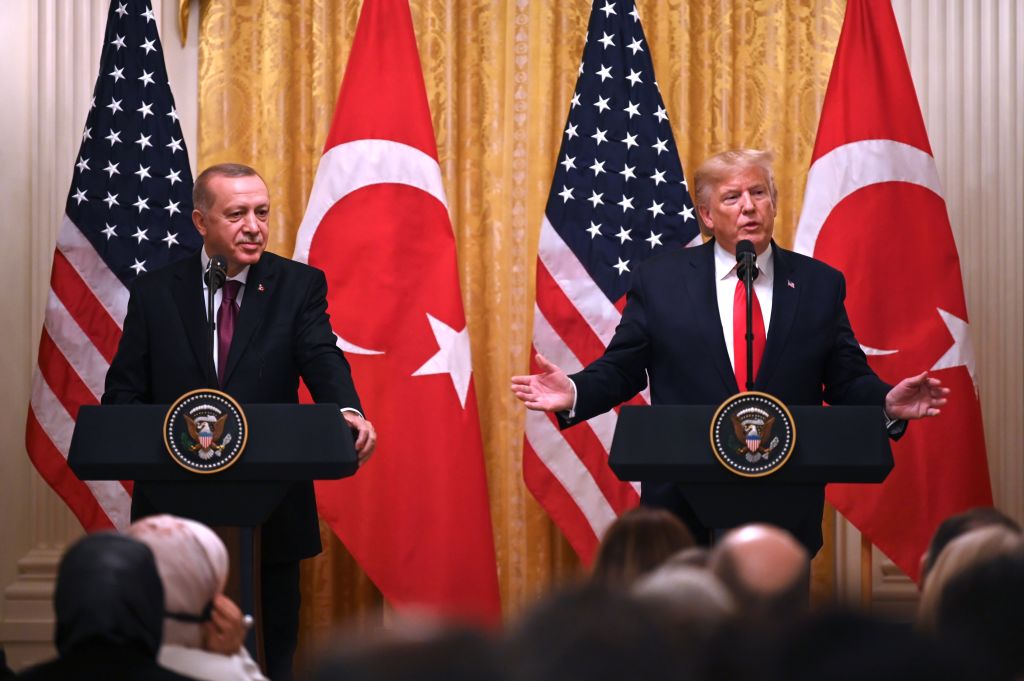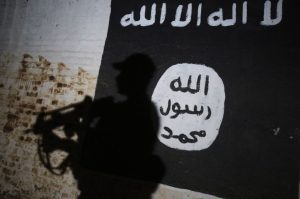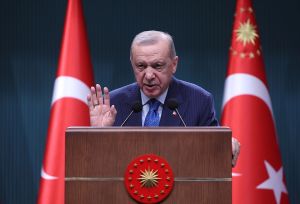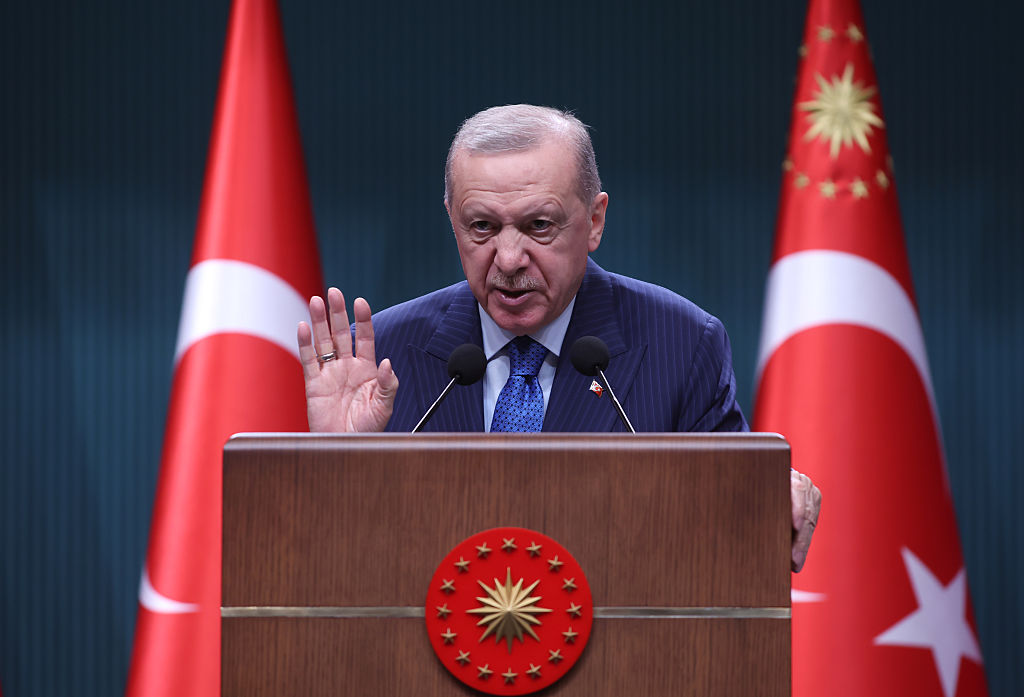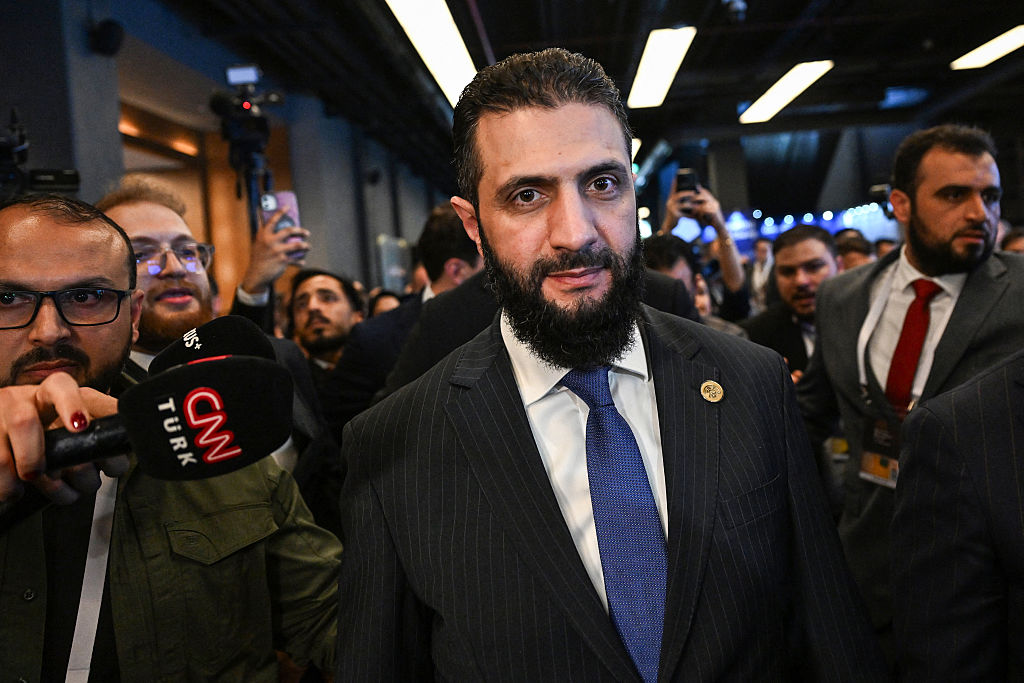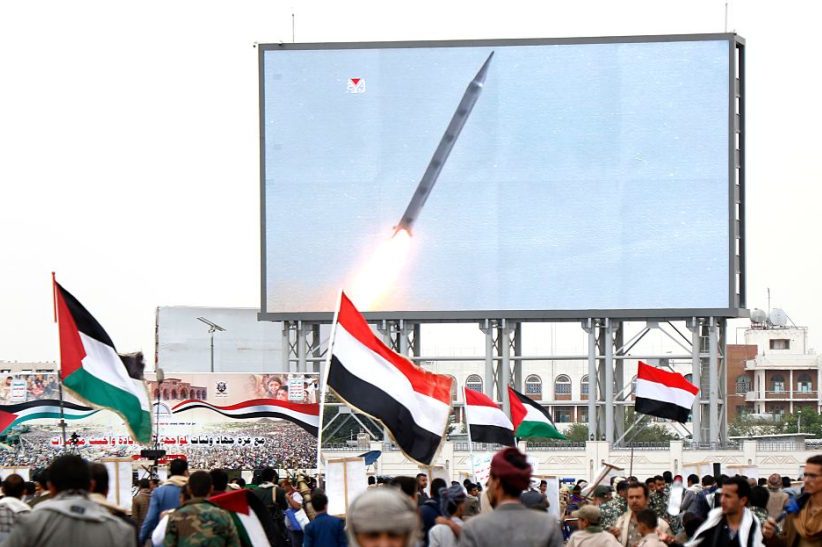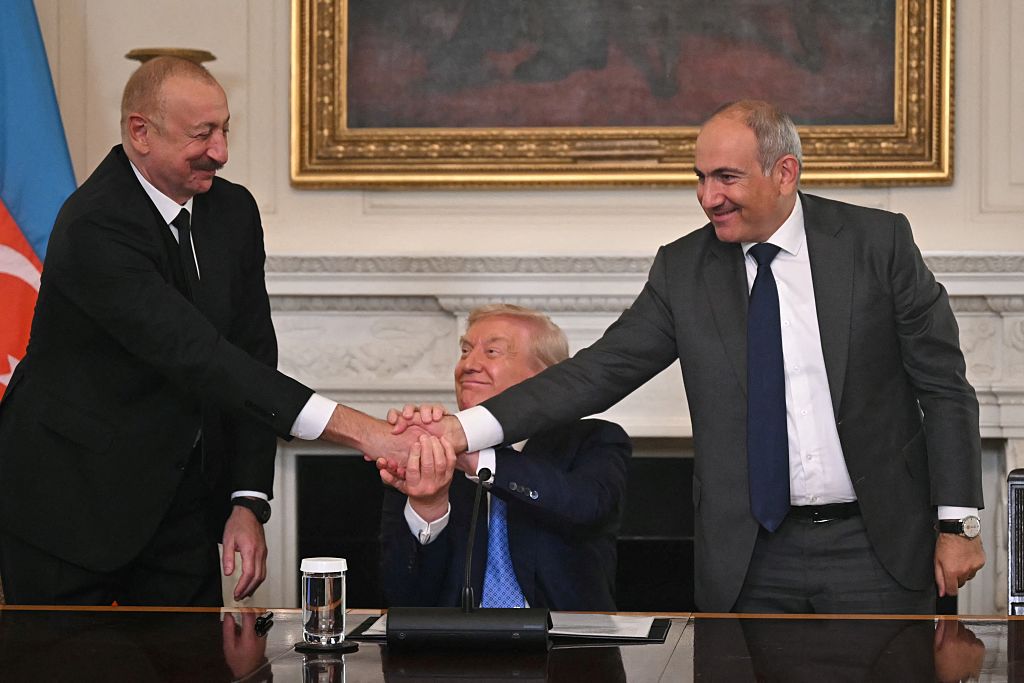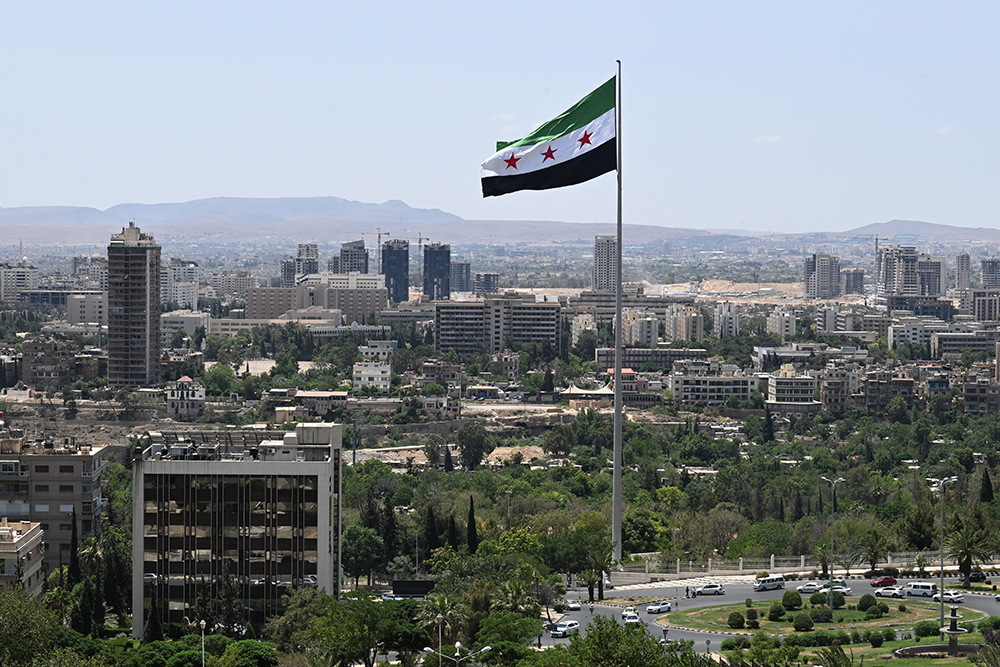President Trump’s recent moves in northern Syria are already paying off. Overshadowed as it was by the ‘impeachment’ kabuki a mile down Pennsylvania Avenue, Trump’s hosting of Turkey’s president Erdogan at the White House today signals progress in an area of significant US national interests.
Some perspective on the hysteria over Trump’s ‘abandonment’ of the Kurds last month. First, the notion that any Kurdish group represents ‘the Kurds’ anywhere is absurd. The world’s 30 million or so Kurds live in four countries –– Turkey, Iraq, Iran and Syria, in order of numbers. Speaking numerous dialects, often mutually unintelligible almost from valley to valley, they are as constantly in conflict amongst themselves as they are with almost everyone else.
If any one Kurdish political group is most reviled by other Kurds, it happens to be the PKK, the parent group of the YPG who dominate in northeast Syria.
Finally, the PKK/YPG were American bedfellows, not American allies. As the party of Bill Clinton should know, you’re not supposed to marry everyone you kiss. The alliance is with Turkey.
Trump’s shift of US forces in northern Syria from the Turkish border zone to the remote oilfields closer to Iraq will have numerous strategic benefits. The move ‘judos’ an over-extended Russia into a counterproductive entanglement in some especially undesirable ‘blood-stained sand’, in Trump’s words. Trump’s move also swaps the YPG, a weak foe of Syria’s fiercely anti-Western dictator Bashar al-Assad (and therefore also a weak foe of his Russian and Iranian paymasters), for Assad’s strongest foe, Erdogan’s Turkey.
Iran is the other loser from Trump’s Syrian repositioning. To Tehran’s alarm, the president has replaced an Iranian ally, the PKK, with a powerful Iranian adversary, the Turkish army, in an area of strategic importance to the Islamic Republic. As the US prepared its recent withdrawal, and Turkey prepared its incursion, the Iranian regime made very clear that this was an alarming development. As Ray Takeyh has written in the Wall Street Journal, Iran’s national Friday prayer leader warned Ankara ‘not to stumble into America’s trap’, and the Iranian military conducted threatening exercises on the Turkish border.
The mullah junta in Tehran sees the world in zero-sum terms. For these Shia Persian clerics, any Turkish advance on the Middle Eastern chessboard, especially given Erdogan’s Sunni Islamic project, is a loss. But it goes deeper. Tehran is a longstanding supporter of the PKK. As Turkey wipes out the PKK along the Syrian border, Iran loses on two fronts: its PKK ally is weakened, and so is Assad.
This blow for Iran is not some trivial loss in a far-off proxy war. The Persians have been at war of one kind or another with the Turks in these north Mesopotamian borderlands almost without cease since the time of the first fanatically Shia Iranian dynasty, the Safavids (1500-1736). The Turkish-Iranian frontier a little farther east, established in 1555 by the Treaty of Amasya after an early round in the conflict, is the oldest formal land border on Earth.
Most important, Trump’s US withdrawal from northern Syria’s Turkish border set the stage for today: a remarkable turnaround in a key American alliance that had been significantly degraded.
Forget the one-night stand with the YPG. Turkey has been a Nato ally of the United States since 1952. Throughout the Cold War, directly facing the Soviet Union as no other American ally did, Turkey had the second largest army in Nato. As President Trump noted in his press conference with Erdogan today, it still does. As the president also mentioned today, Turkey is one of our few Nato allies to be anywhere near the 2 percent defense spending threshold. And of all US allies, only Turkey has fought meaningfully beside Americans against both al-Qaeda and ISIS.
Turkish prosperity and stability are themselves huge US interests. Over the sixty-seven years of the US-Turkey alliance, the secularizing and modernizing work embodied by Turkey’s founder Kemal Ataturk have delivered a nation that is extraordinarily democratic, prosperous and orderly. The Middle East is tough enough already. The implications of a Turkey that looked like Libya, Syria, or even Egypt are ghastly.
A month ago, today’s full day of meetings at the White House would have been unimaginable. After today, we can look to several coming markers of where the revived alliance is headed. Work should continue on the bilateral trade agreement teased today. Trump should not send back to Turkey the shadowy cleric Feithullah Gulen, now — amazingly — about to enjoy his 20th winter holed up in the Pocono Mountains of eastern Pennsylvania. Turkish arms purchases from the US should increase, and the S-400 missile defense purchases from Russia should be rolled back.
Erdogan’s Putinist qualities are undeniable. And his mission is indeed partly one of Sunni chauvinism. But the US alliance is with Turkey, not with any individual Turkish leader. Turkey is a young country, and we did not need the Istanbul elections of this past summer to remind us that Erdogan will not be there forever.



